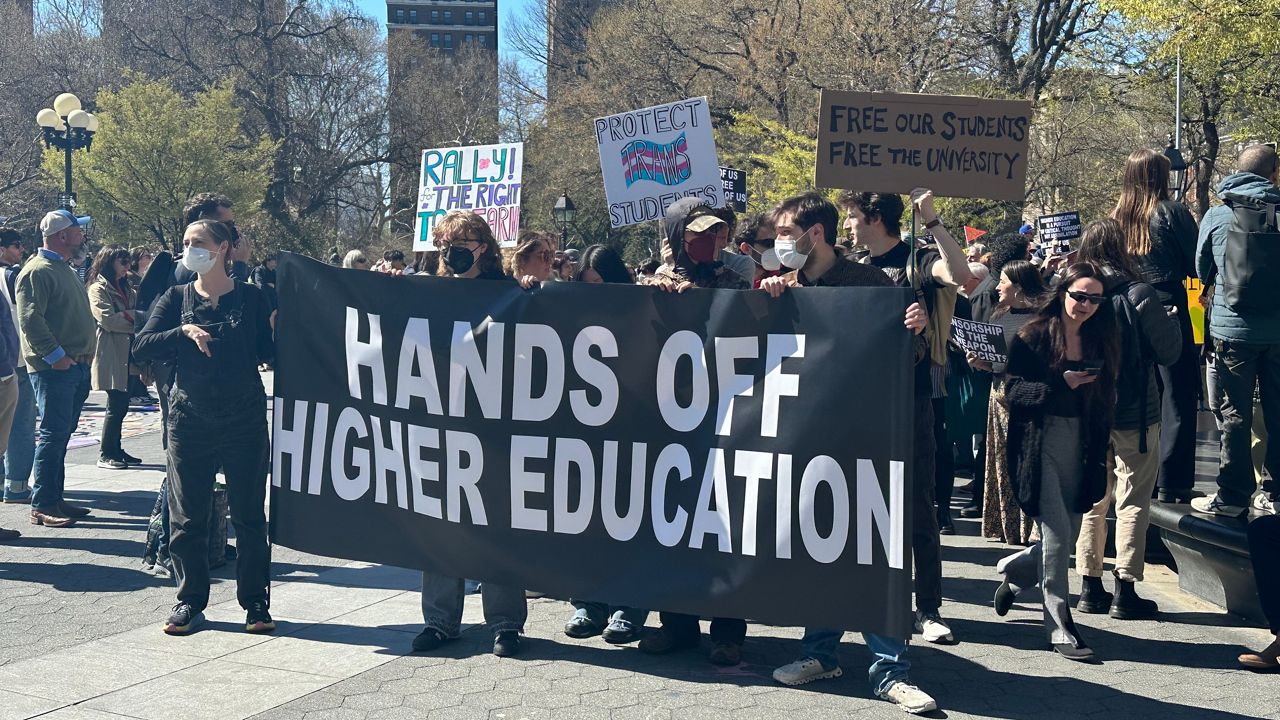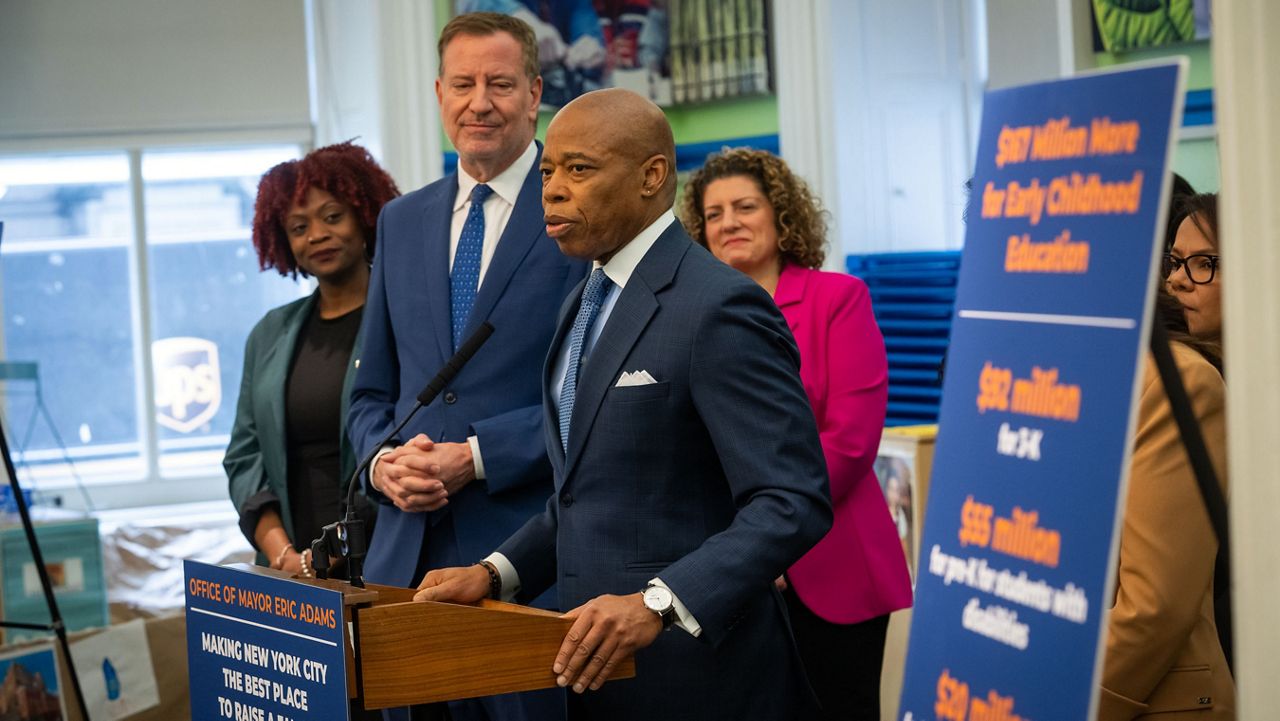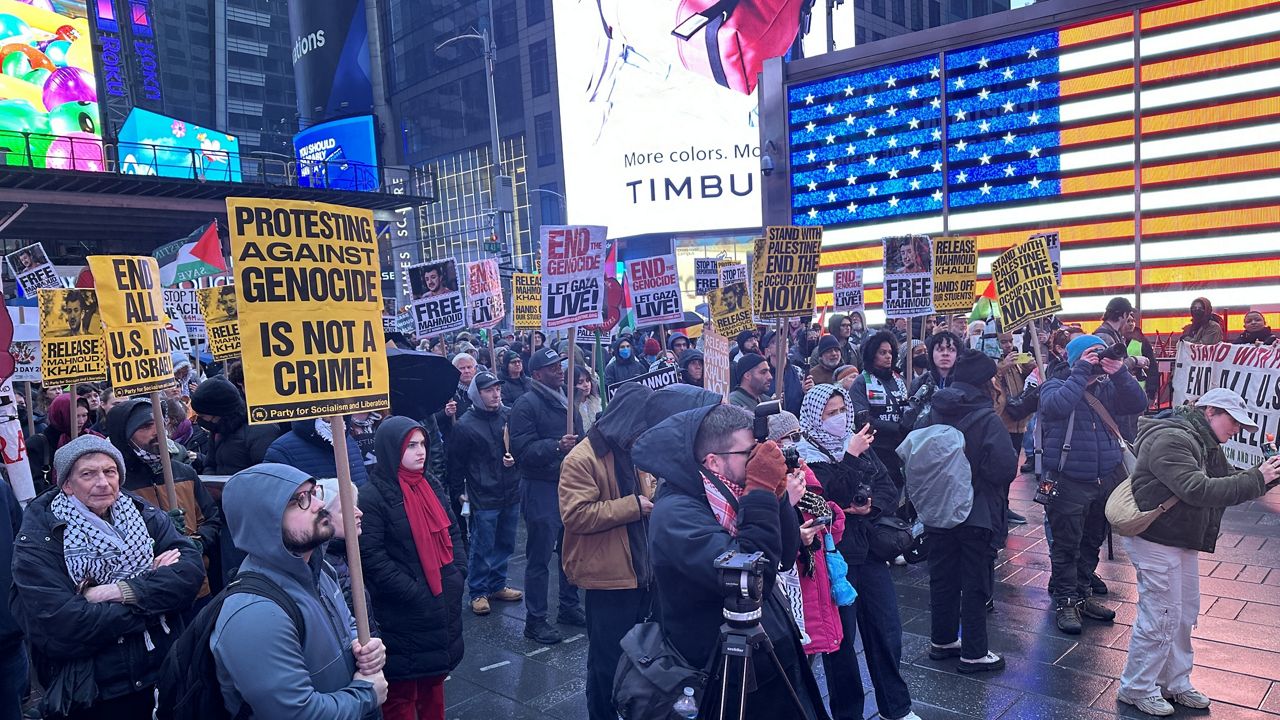With the start of the new year, thousands of high school students across New York City are in the middle of the college application process.
What You Need To Know
- Last June, the U.S. Supreme Court ruled colleges could no longer consider race as a factor in college admissions
- College counselors with The Brotherhood Sister Sol educated students about the ruling
- The Brotherhood Sister Sol observed more of their students are interested in historically Black colleges and universities this year
This is the first application season after the U.S. Supreme Court ruled colleges could no longer consider race as a factor in diversifying their campuses.
Last June, the U. S. Supreme court found affirmative action in college admissions unconstitutional.
“The student must be treated based on his or her experiences as an individual—not on the basis of race,” Chief Justice John Roberts wrote as schools evaluate applicants.
Sylvia Canales runs the College, Career and Wellness program at The Brotherhood Sister Sol in Hamilton Heights, Manhattan.
“It was imperative to ensure that our young people were aware of the ruling,” she said.
Canales works with about 100 high school seniors each year. She said she often finds “young people are scared to apply to certain schools because they are afraid they might not get in, and that was before the ruling, after the ruling it was more of our job to ensure that they know we were here to support them.”
“One trend that we notice is that there’s an increased interest in applying to HBCUs, or historically Black colleges and universities,” Canales explained.
In an interview with NY1, Dr. Melanie Carter of the HBCU Research, Leadership and Policy at Howard University explained: “I’m expecting that we’ll see increased applications from the students who are at the very top of the profile in terms of students with the highest academic profiles.”
The end of race-conscious admissions is one of several shake ups under way in higher education, with some schools weighting whether to end legacy admissions as well, preference given to children of alumni.
At The Brotherhood Sister Sol, they’re watching closely to see how changing policies will ultimately impact who receives an acceptance letter.
“It will take until the end of the year to see what these unchartered waters are going to bring forth,” Canales said.




%20PKG%20College%20Admissions%20Changes?wid=320&hei=180&$wide-bg$)

_DNT_Columbia_Protest_CLEAN_FOR_APPROVAL)


